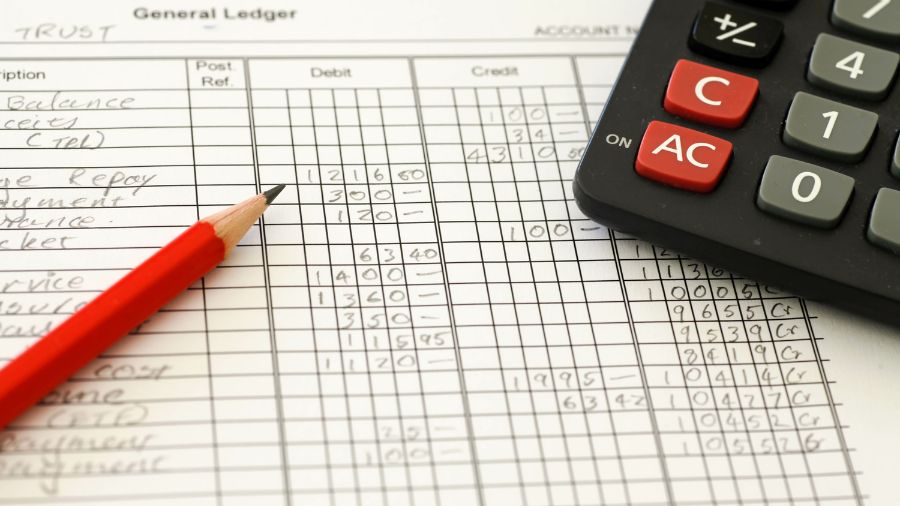As a business owner, you may sometimes pay certain bills in advance. These prepaid bills represent a type of transaction called deferred expenses . For accounting purposes, your deferred expenses arise when you want the expenses of these items to hit in a later month than the one in which you made the cash payment. Rent or insurance are common instances of deferred expenses because you prepay these bills before you realize the benefits of the payments.

How to Record & Account for Deferred Expenses
An Example of Deferred Expenses
For example, say you pay $1,000 in April for registration fees for a conference that happens in September. Although you made the cash payment in April, you don’t receive the actual benefit of the conference until several months later. Plus, if the conference is cancelled or you can’t make it, you may end up getting a refund. That’s why you don’t want to recognize an expense until you actually attend the conference.
Recording Deferred Expenses
By recording a deferred expense journal entry , you can defer the expense from the month in which you made the payment to the month in which you actually receive the benefit. You can only enter a deferred expense if you use an accrual method of accounting, which means you account for revenue and expenses as they match each other on the balance sheet and not necessarily when you make payments or receive income.
When you defer an expense, you record the original payment into a prepaid account on your balance sheet. Once you receive the benefit, you recognize the expense by debiting the prepaid account and crediting the expense. This delay in the reporting of an expense makes your financial statements and quarterly reports more accurate, reliable, and useful in making decisions. Precise reports and balance sheets help investors as they consider whether to put their money into your company. Maintaining accurate records by using accounting software such as QuickBooks remains a crucial element to creating financial statements and customized reports. Keep your books accurate and up to date automatically. Change the way you manage your finances now.


